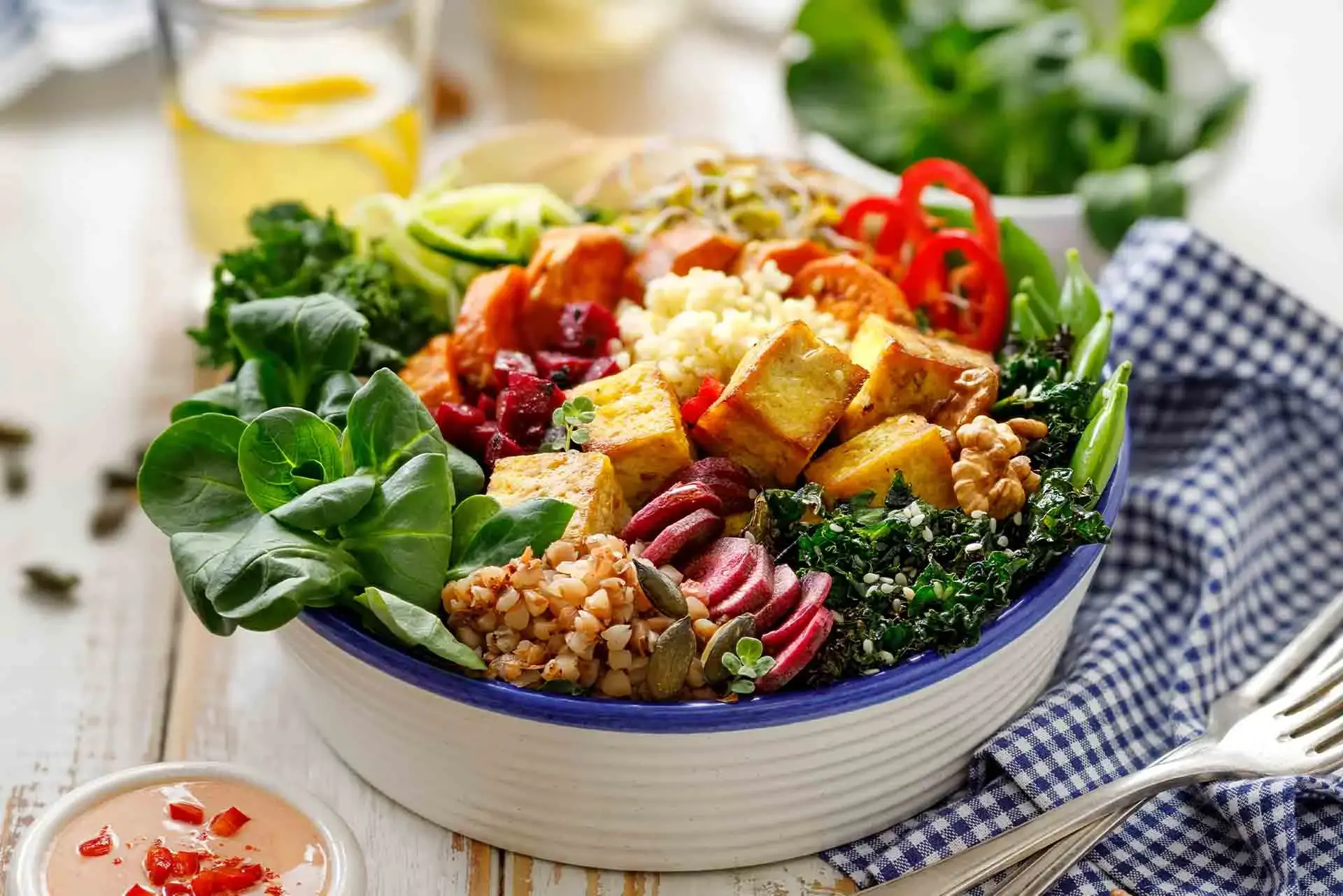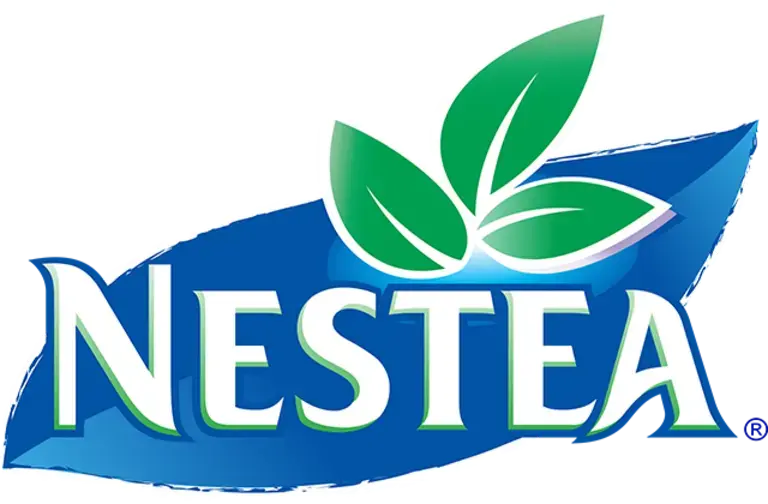One of the best changes you can make for yourself is to change your diet, and you’re not alone in making this choice. More and more people are making the move to go plant-based because it helps the planet, boosts your energy, protects you from getting sick, and improves your overall health.
Sustainable changes often start with good intentions, and you’re on the right track! But like many who embark on drastic changes, you might ask yourself, “How can I make this last?” There’s no need to worry at all! Here are some techniques to support you in your plant-based journey.









